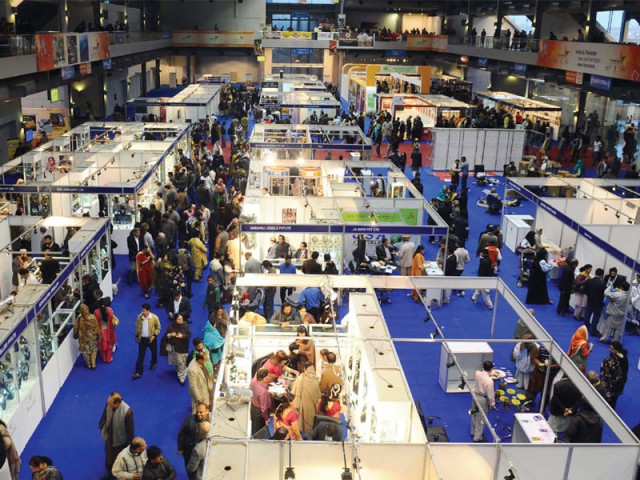Lifestyle fair to promote direct trade with India
Designers, textile makers likely to make a mark.

Lifestyle fair to promote direct trade with India
Trade Development Authority Chief Executive Tariq Iqbal Puri has expressed the hope that the upcoming Lifestyle Pakistan exhibition in New Delhi will help Pakistan’s textile designers and industrialists make a mark in the huge Indian market and also improve the country’s image in the world.
Following the Lifestyle Exhibition, to be held from April 12-15, a show of Pakistani culture and products will be organised in Mumbai, he announced. But before that, an exhibition of Indian products will be held in Karachi.
Puri said 70% of products to be displayed had reached India through Wagah border while exhibitors will start leaving on April 9. In the exhibition, Pakistan’s top designers, textile companies, leather product manufacturers, footwear, jewellery, furniture and handicraft makers will showcase their products.
Indian firms to participate in ‘My Karachi’
A large number of Indian companies will participate in ‘My Karachi’ exhibition to be organised by the Karachi Chamber of Commerce and Industry in July, said Senior Vice Chairman Younus M Bashir. He said the Mumbai Chamber of Commerce had booked 50% of the Karachi Expo Centre for participating in My Karachi, adding 60 Indian companies had agreed to take part in the show.
Published in The Express Tribune, April 7th, 2012.



















COMMENTS
Comments are moderated and generally will be posted if they are on-topic and not abusive.
For more information, please see our Comments FAQ